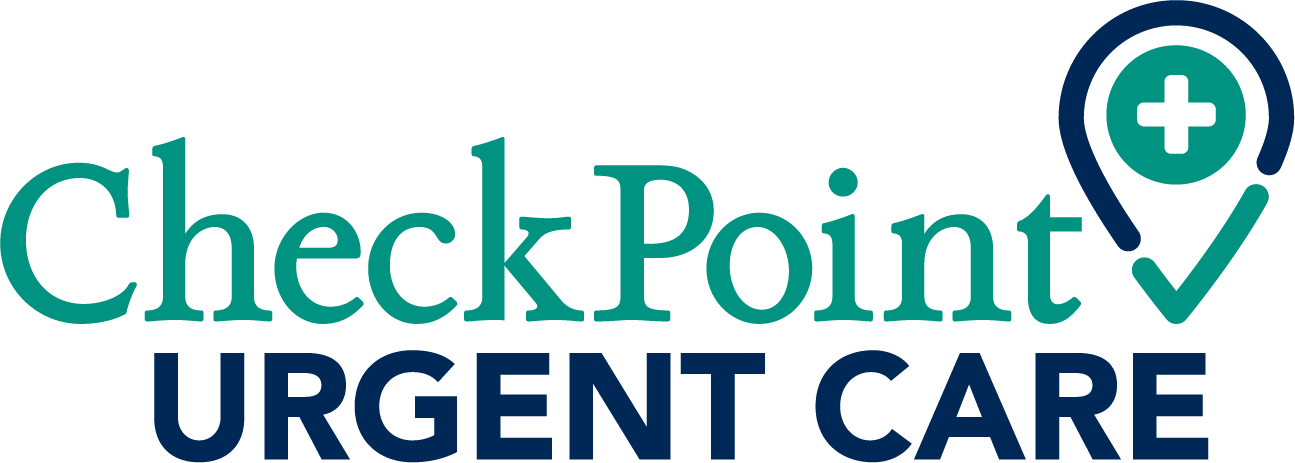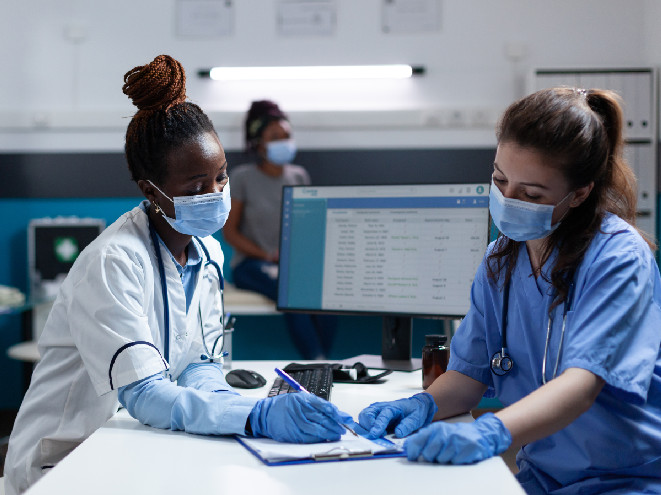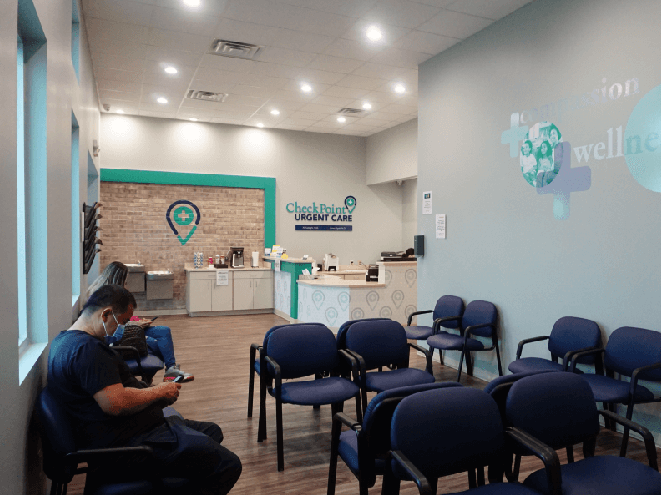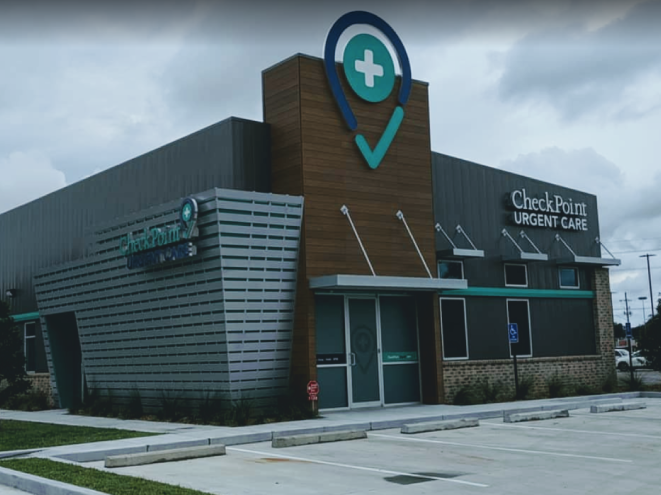No aspect of any sickness is fun, and a sore throat can really impact your quality of life. From general pain to difficulty swallowing, a sore throat can be one of the worst symptoms of common illnesses. While not everyone who has a sore throat has Strep Throat, a sore throat is a possible indication of Strep. If you’re worried that you or a loved one may be suffering from Strep Throat, read more about it below. As always, come in for an appointment with a CheckPoint Urgent Care doctor for all your urgent medical needs.
Strep And Sore Throat
Strep throat is the name we use for the infection caused by group A Streptococcus bacterium. There are more than 120 strains of this bacteria, and strep throat is just one of the types of infections you can get. This infection affects your throat, tonsils, and lymph nodes. Once the tonsils are infected, they can become inflamed which affects the surrounding throat area. This is what causes a sore throat, also called Pharyngitis. Strep Throat is the most common cause of sore throat in adults and children.
This illness mostly affects children between the ages of 5 and 15 but can also impact those who have direct contact with school-aged children. Due to its contagious nature, large group settings are also at risk. This includes daycares, colleges, military barracks, and households.
Tonsils may appear red, sore, and swollen. There could be a presence of white patches, spots, or streaks of pus on the throat and tonsils. Some may have tiny, red spots on the roof of their mouth (called petechiae).
Symptoms
How do you tell the difference between a normal sore throat and a Strep Throat infection? In addition to how your tonsils and throat look, be on the lookout for these common signs that you may have more than a cold:
- A sudden sore throat
- Fever and/or chills
- Abdominal pain
- Loss of appetite
- Headache
- Nausea or vomiting
If you notice these symptoms, you’ll need to get treatment as soon as possible. Strep throat does not go away on its own and can cause complications. These can be serious and even more difficult to get rid of. Some of these complications are:
- Ear and sinus infections
- Abscesses around tonsils
- Guttate psoriasis (small, red, and scaly spots on the arms, legs, and torso)
- Scarlet fever
- Rheumatic fever
- Post-streptococcal glomerulonephritis (a kidney disease that can develop after someone has a strep infection)
- Invasive streptococcal infection (this can be a life-threatening condition where the bacteria enter your tissue. It can cause toxic shock syndrome, necrotizing fasciitis, and other intense infections. If not treated immediately death can occur)
It is best to treat Strep Throat as early as you can to avoid these complications.
Treatments
Unfortunately, Strep Throat can take a while to heal. You will need to see a healthcare provider and be given a strep test. This will check for any evidence of group A Streptococcus bacteria in your throat by swabbing a cotton swap along the back of your throat. Depending on the case, your provider will either perform a rapid test or send the swab to a laboratory for testing, also known as a throat culture.
The main treatment for Strep Throat is antibiotics. These kill the bacteria that cause the infection. Some common antibiotics are penicillin and amoxicillin. These could be given in a shot or either a prescribed pill or liquid.
Here are a few ways to manage symptoms at home in addition to your prescribed treatment:
- Eat soft foods and soothing liquids
- Gargle warm salt water
- Get plenty of rest and hydration
- Take a pain reliever
- Suck on lozenges or ice pops
- Use a humidifier or cool-mist vaporizer
If treated early, you should be able to avoid complications from Strep Throat.
Do Not Stop Antibiotics Before You Complete Them
Most pills need to be taken for 10 days, even if symptoms improve. If antibiotics are not taken consistently and to the complete prescribed amount, you can get re-infected. The bacteria could still be alive even if you are feeling well so if they are not killed completely, you will undue treatment.
Side Effects
You could have some common and mild side effects from taking antibiotics. You could experience diarrhea, nausea and vomiting, dizziness, rash, and yeast infections. If you have any questions or concerns about these side effects, contact your doctor. If you notice any other side effects that might be indicative of a severe allergic reaction, contact 911 or your local emergency number.
When To Contact CheckPoint
Once you notice any of the above symptoms, you should contact CheckPoint Urgent Care to diagnose if it is Strep Throat or something else. After you start treatment, if you do not get better or if symptoms worsen after two days on an antibiotic you should visit us again.
CheckPoint Urgent Care Will Take Care Of You
CheckPoint Urgent Care is here for all your non-emergency medical concerns. We accept walk-ins and provide excellent care to all our patients. We treat all ages, accept most insurance plans, and provide point-of-care testing in our state-of-the-art facilities. If you or a loved one are suffering from an illness, come see us today!








